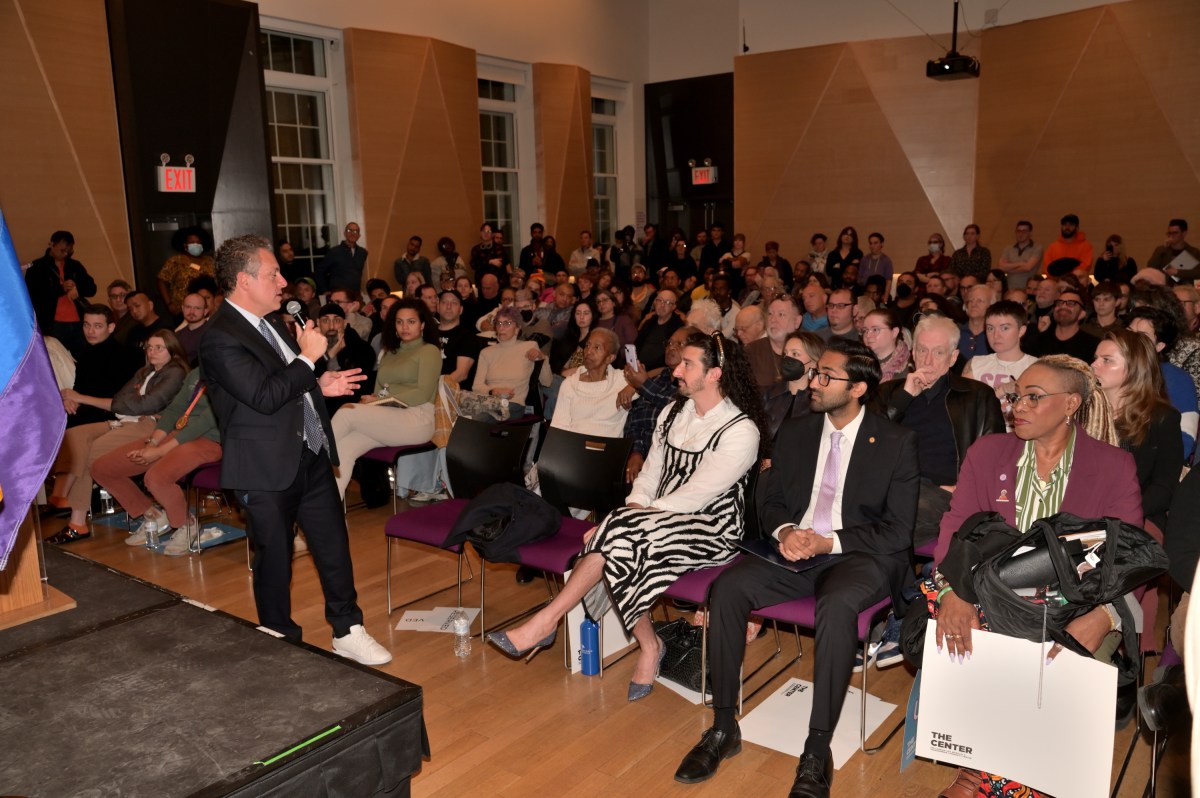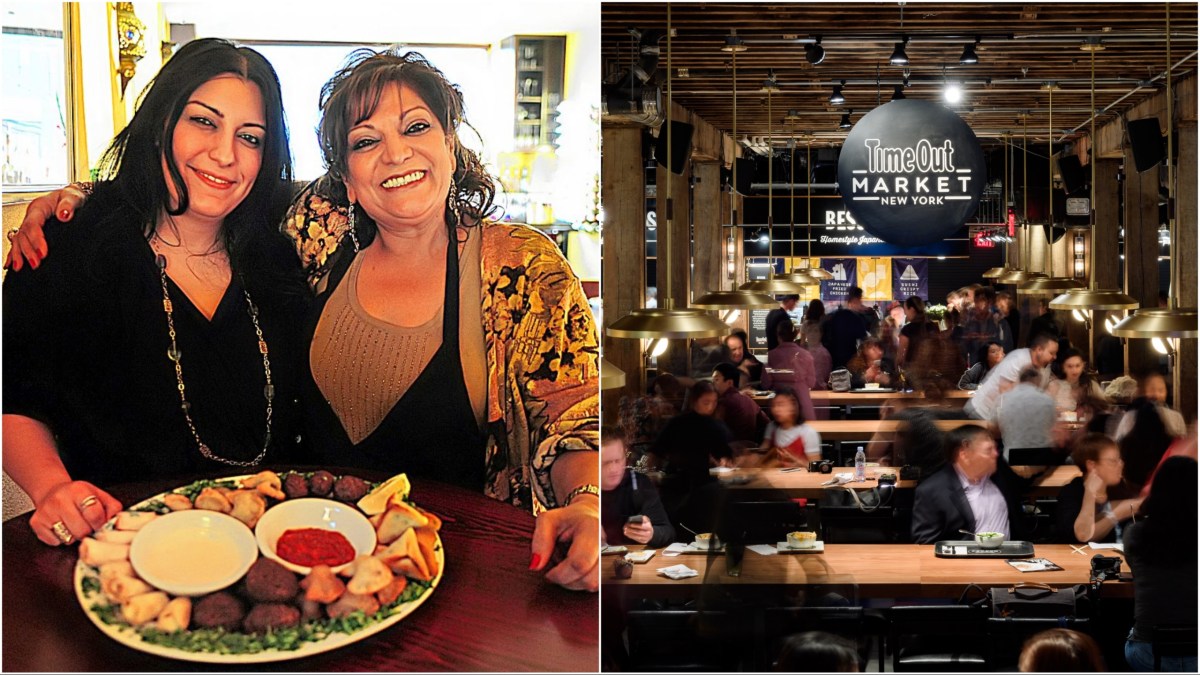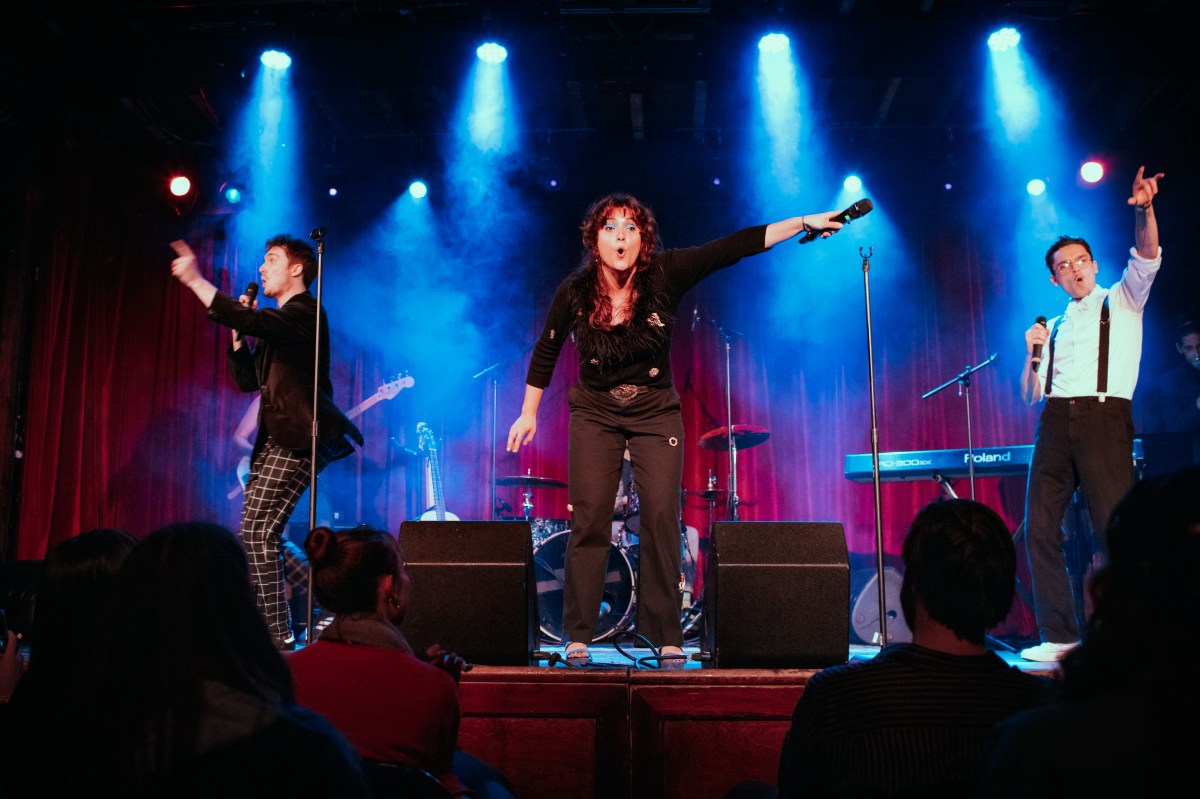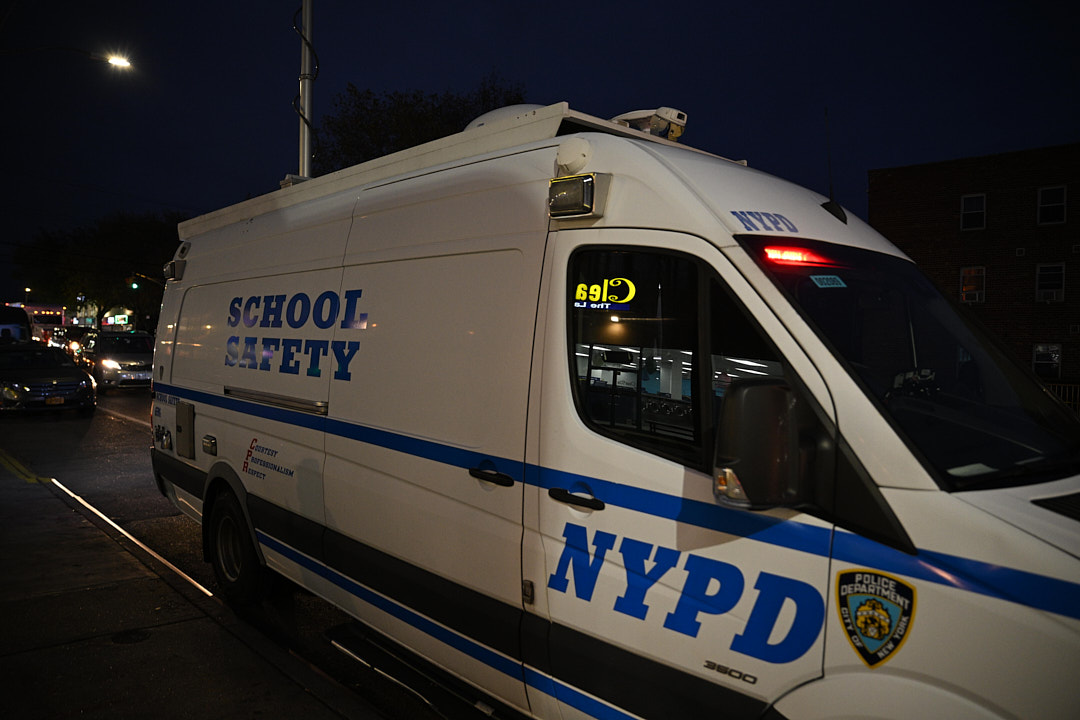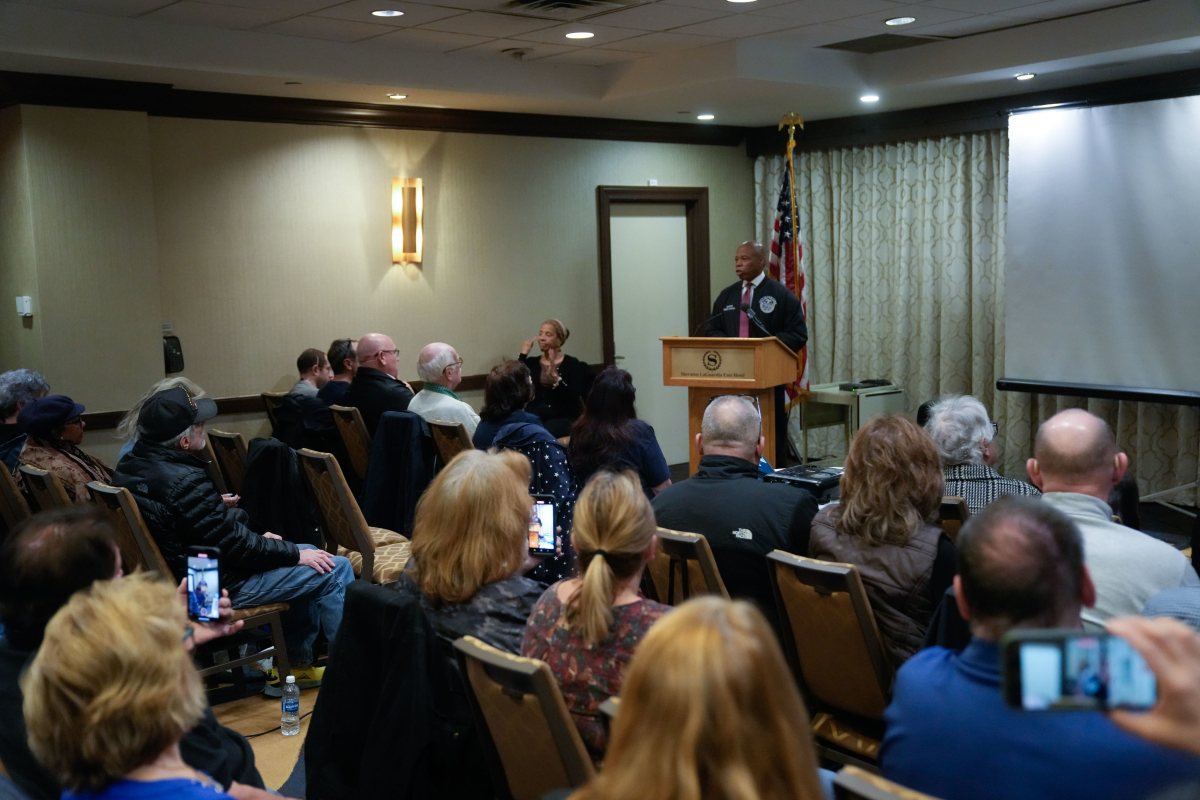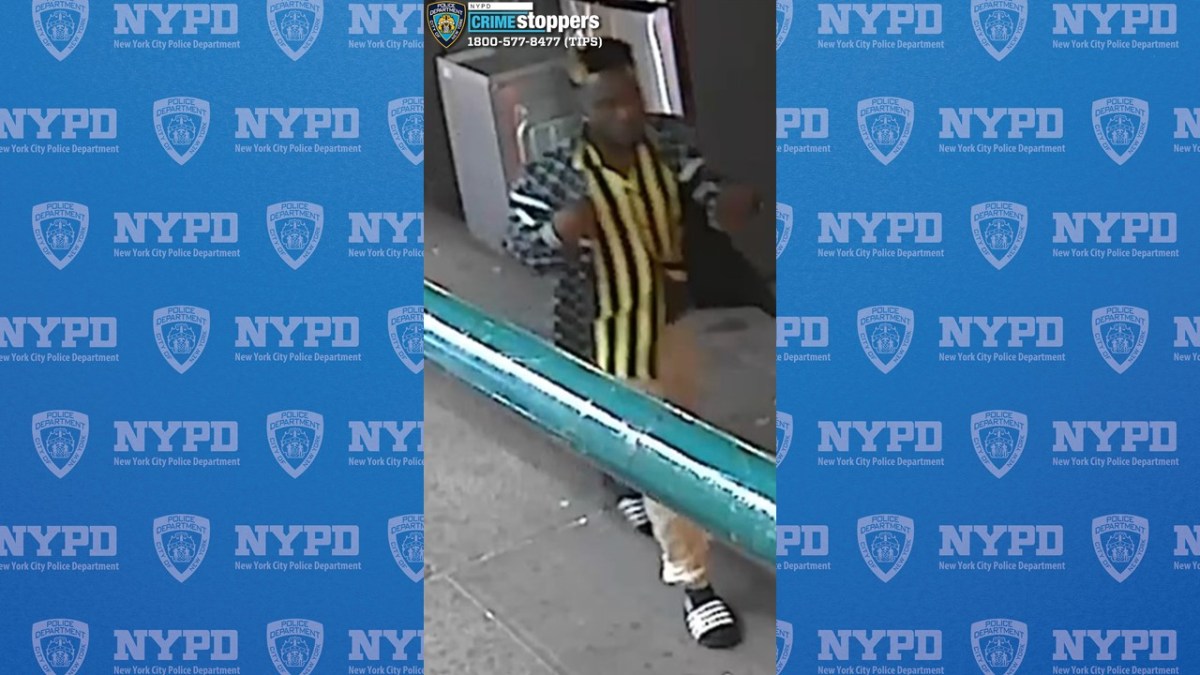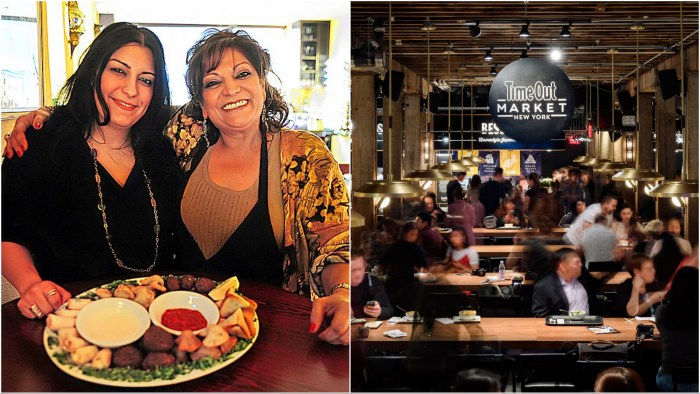By JERRY TALLMER
” width=”600″ height=”451″ />
Photo by Joan Marcus
Cassie Beck as Marianne, Zachary Booth as Tad and Jonathan Groff as Billy in a scene from the Playwrights Horizons production of “Prayer for my Enemy.”
Drinking on a prayer
Playwright Craig Lucas calls upon his own experiences
BILLY ELLIOT: THE MUSICAL
Book & lyrics by Lee Hall
Music by Elton John
Directed by Stephen Daldry
Imperial Theater
249 W. 45th Street
212-239-6200, billyelliotmusical.com
It is October 2004, and the least unlikely thing in the life of hard-headed Austin Noone, six-years-without-a-drink alcoholic, is that the Boston Red Sox, having been swept in the first three games of the American League Championship Series, are coming back after 86 years in the desert, to take the next four and beat Austin’s revered New York Yankees.
The most unlikely thing is that Austin’s son Billy Noone is a damned faggot. I mean, says Austin to himself, the kid’s been over there, putting his life on the line in Iraq, and you don’t do that – volunteer for that – if you’re queer, do you?
On the other hand, there’s this business of Billy and Tad, his creepy boyhood buddy, whatever that was all about. Or still is? They’re always grabbing at each other, even if Tad has now married Marianne, Billy’s big sister, even knocked her up.
That’s the trouble with thinking, thinks Billy, home on leave for the holidays but about to skedaddle again to Iraq. The military, thinks Billy, “is about no thinking.” What is it dad says? Stay out of your mind, it’s a bad neighborhood.
It’s a bad neighborhood for Craig Lucas, too, or had been until multi-awarded playwright Lucas went to work on a new translation of Chekhov’s “The Three Sisters” for director Bartlett Sher.
“Getting inside that play gave me a window,” says Lucas. “Storytelling with few events and in mundane circumstances. A family play.”
He stops, ponders, starts again.
“I just wanted to call upon some experiences in my own family, experiences that I had left alone” – during a career devolving from “Three Postcards” and “Prelude to a Kiss” and “Blue Window” and “The Light on the Piazza” (directed by Sher) and other hits until now and beyond.
“Experiences I had left alone because they were too close” – and are now, however obliquely (though not so obliquely as all that), peeled open in “Prayer for My Enemy,” opening December 9 at Playwrights’ Horizons, on 42nd Street’s Theater Row, under the direction of Bartlett Sher.
It is in almost every other respect a far distance from Chekhov’s “Three Sisters,” especially in the fatal star-crossed paths on a lonely road of two people wholly unknown to one another, the relapsing Red Sox-hating alcoholic Austin Noone and a sharp-minded self-preservative woman named Dolores Endler whose mother is dying of a series of strokes.
“My mother was already dead when I started this play,” says Lucas, “and my father was dying. They were Charles Lucas, of Pennsylvania Dutch and Native American extraction, a Philadelphia executive late in his life who in my youth had been an FBI agent, and Eleanore Altmont, a French Jew from Alsace.”
Though it’s nowhere that I could detect in “Prayer for My Enemy,” Craig Lucas, like Edward Albee, had been an adopted child. What’s different is that Charles Lucas, unlike the upper-class Albees, had, says this other playwright, “started out as a butcher, and his father was was a carpenter, so the working-class world was very familiar to me.
“I live in a working-class neighborhood now, up in Putnam County, and the thing that’s invisible to many Americans – the war in Iraq – is very visible to me. Also I came of age during the Vietnam War” (he was born April 30, 1951; grew up in Devon, Pennsylvania, just outside Philadelphia’s Main Line).
Almost off-handedly: “A lot of gay people were closeted there, and that’s still true where I live today – married men who are not ‘out’ but want to have ‘discreet’ sex. Which basically means hidden. Don’t ask, don’t tell.
“Even though I’m not an hour out of New York City, when I say I’m gay, they’re surprised – not that I’m gay, but that I’m saying it.
“It seems to me similar to the way we’ve been fighting this Iraq War. Keep the caskets out of sight. Let the president and vice-president do everything in secret. And the oil magnates – that too kept secret.”
The character in the play who most shares his experiences as well as his emotions is, he says, Dolores Endler. “Her rage is not unfamiliar to me, and if you’ve grown up with an alcoholic parent … and my mother was even worse than my father …”
Was your father a Yankees fan?
“No. Philadelphia Phillies.”
Charles Lucas, this was your year. Unfortunately, a bit too late.
A considerable proportion of the script of “Prayer for My Enemy” is in interior monologue – people saying things to themselves that nobody else in the play can hear. The supreme model for this being, as Lucas confirms, Eugene O’Neill’s “Strange Interlude.”
Lucas sees it as “the contrast between what they say and what they feel, and I don’t think we always know what we feel. But what’s interesting to me is how some assumptions are directrly opposite to the truth. All that stuff about Billy not being gay. Well, Billy is gay.”
Lucas, who lives alone up there in Putnam County – he says he’s “in the middle of a trial separation” – gives a brief chuckle. Then: “You know what Charles Ludlam [playwright of the Ridiculous] told us: ‘If you’re going to tell people the truth, you’d better be funny or they’ll kill you.’ ”
PRAYER FOR MY ENEMY. By Craig Lucas. Directed by Bartlett Sher. With Cassie Beck, Zachary Booth, Victoria Clark, Jonathan Groff, Michele Pawk, Skipp Suduth. Now in previews toward December 9 opening at Playwrights’ Horizons, 416 West 42nd Street, (212) 279-4200.














